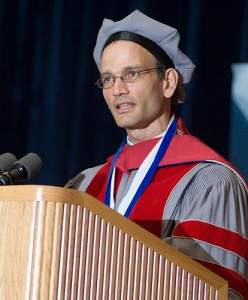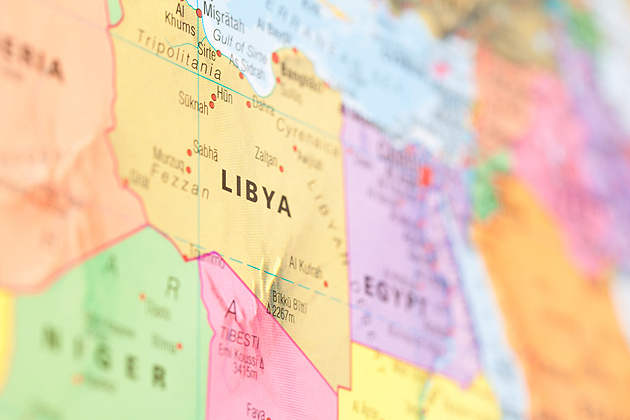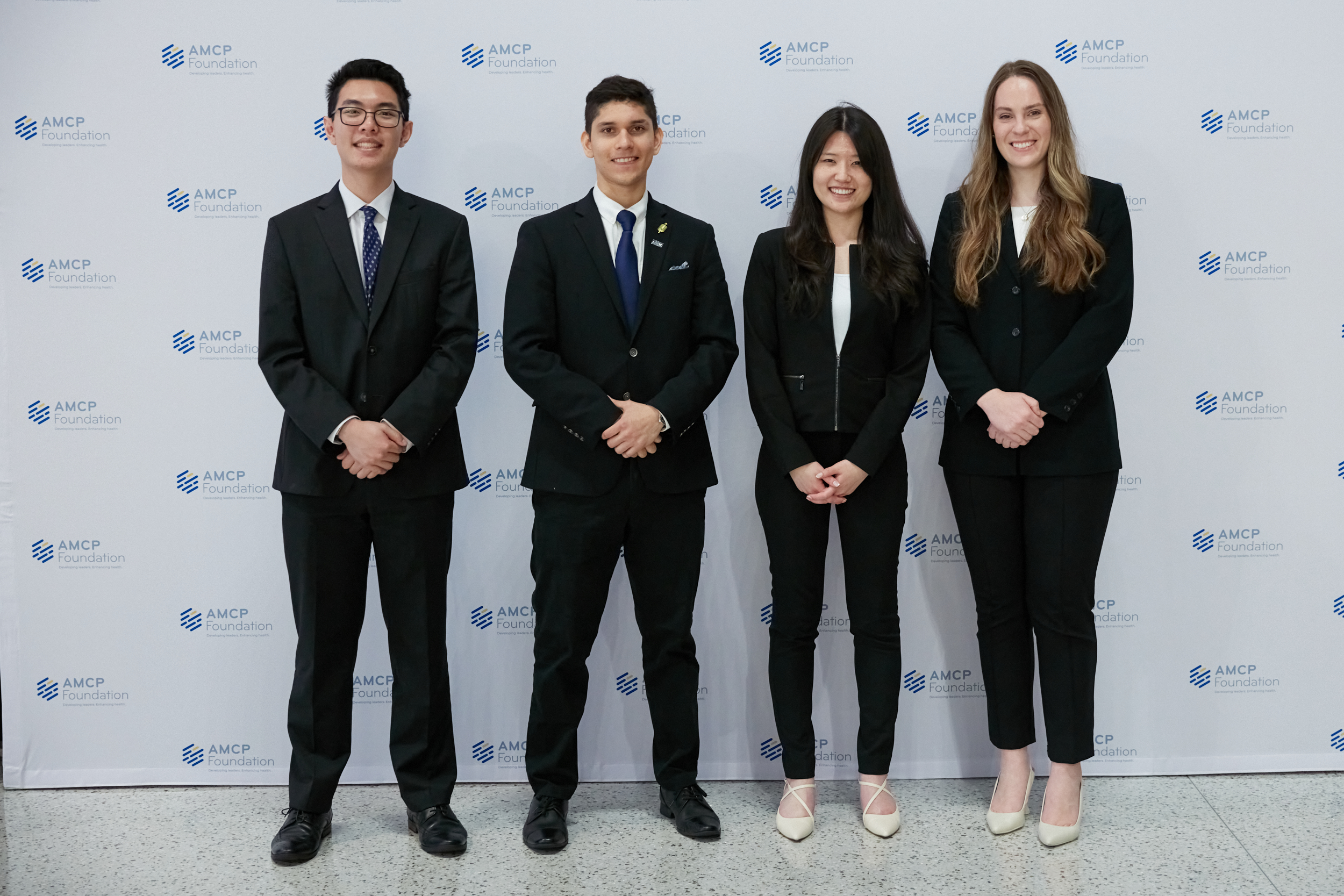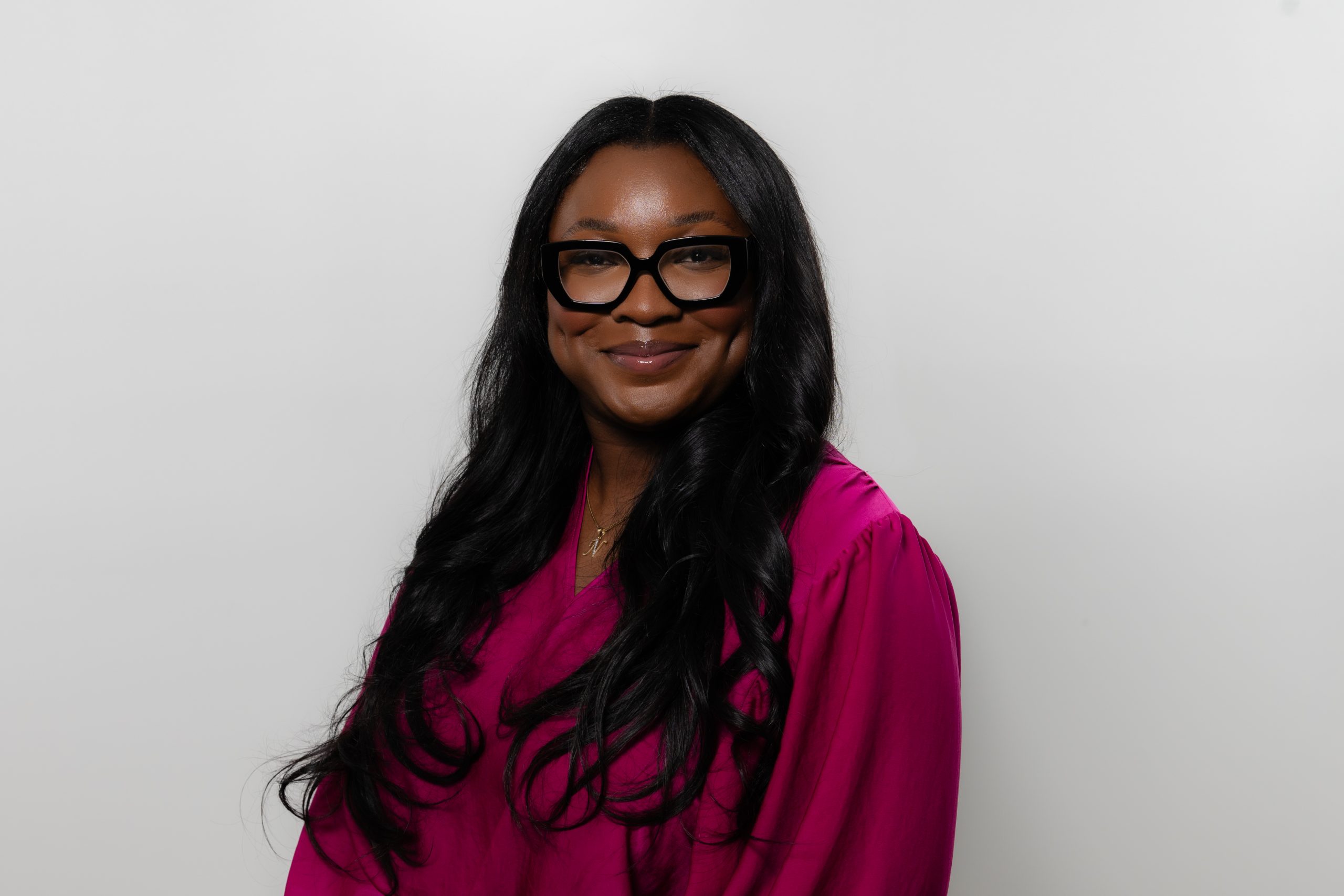In Hot Topics posts, UConn experts comment on current events and issues unfolding in the news.
Moammar Gadhafi’s death “marks the end of a long and painful chapter for the people of Libya,” President Barack Obama said Thursday. It also means new uncertainties for Libya, the region, and the world.

Jeremy Pressman, an associate professor of political science and an expert in Middle East politics, international relations, and U.S. foreign policy, offers his take on the latest developments.
Pressman, the Alan R. Bennett Honors Professor in Political Science in the College of Liberal Arts and Sciences, is writing a book on force and diplomacy in the Arab-Israeli conflict. He has held fellowships at Harvard University, the University of Sydney, and the Humanities Institute at the University of Connecticut.
He previously worked at the Carnegie Endowment for International Peace, and is a former term member of the Council on Foreign Relations. You can follow him on Twitter @djpressman.
Q: What do you see as both the immediate and long-term impact of Moammar Gadhafi’s death on the future of Libya?
A: Obviously, this will help move toward closure on the Gadhafi era. As long as Gadhafi loyalists continued to battle the new regime, the process of rebuilding and reform could not get fully underway. With Gadhafi dead, the appeal of continuing to fight the new government will dwindle.
But the long-term result is more limited. The long-term question is whether the new Libyan leaders can get their own act together, whether Gadhafi was alive or dead. They were already in control of most of the country and had the support of the global powers. So an important distraction is gone, but the challenges of building an inclusive political system, a functioning state apparatus, and an economy mostly free of corruption remain.
Q: How do you see Gadhafi’s death affecting political alignments and stability in the Middle East?
A: In terms of political alignments between countries, it will not be a game-changer. Libya, or really Gadhafi, had many enemies among the other Arab leaders. That partly explains why the League of Arab States was willing to support international military intervention in the first place.
The situation with Libya is very different from, say, the Syrian protests where if the Assad regime falls, it could have profound implications for Syria’s close ally, Iran. And if Syrian change affects lran’s geopolitical position, it would affect many other regional states as well such as lraq, Saudi Arabia, and Israel.
Q: What role, if any, do you feel the United States should play in Libya’s rapidly evolving political and social structure?
A: I hope the United States will remain a secondary player. Libya is a good opportunity to let Arab and European countries offer the primary assistance. The United States cannot, and should not, try to be everywhere and do everything. The Obama administration recognized that in the way it limited the U.S. role in the military phase.
Q: Do think the successful capture and death of Gadhafi will influence or escalate social and political uprisings elsewhere in the Middle East, such as Yemen?
A: One could argue that Gadhafi’s death might give a symbolic boost to others protesting against dictators in places like Bahrain, Syria, and Yemen. But Libya was already an unusual case because of the international military intervention and the centrality of armed fighting as opposed to largely non-violent resistance in places like Egypt, Bahrain, Tunisia, and, arguably, Syria.
Or perhaps it could send a different, more dangerous, signal: if you want to topple the dictator, violence is the answer.
Contact information for members of the media:
Jeremy Pressman, associate professor of political science
College of Liberal Arts and Sciences
Phone: 860-486-3464
Email: Jeremy.Pressman@uconn.edu
Twitter @djpressman



